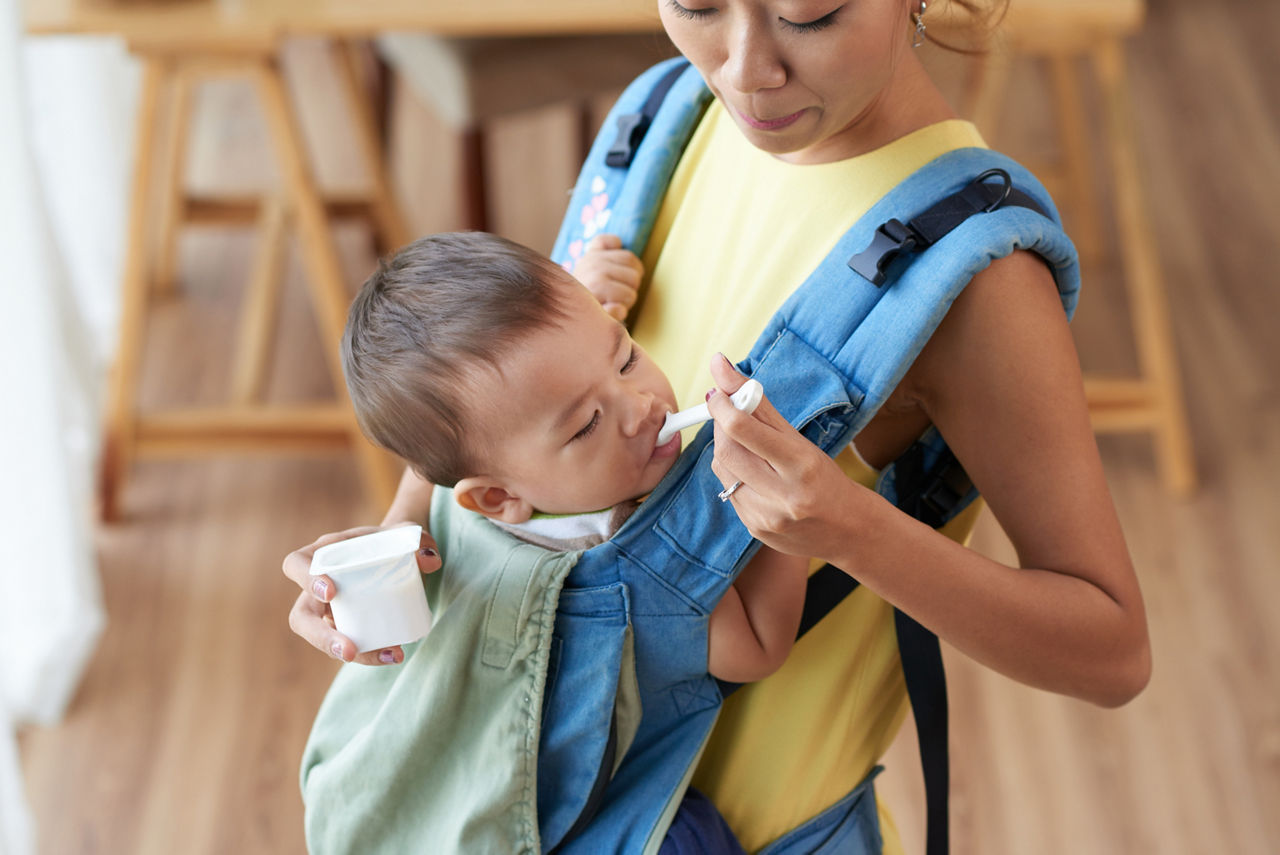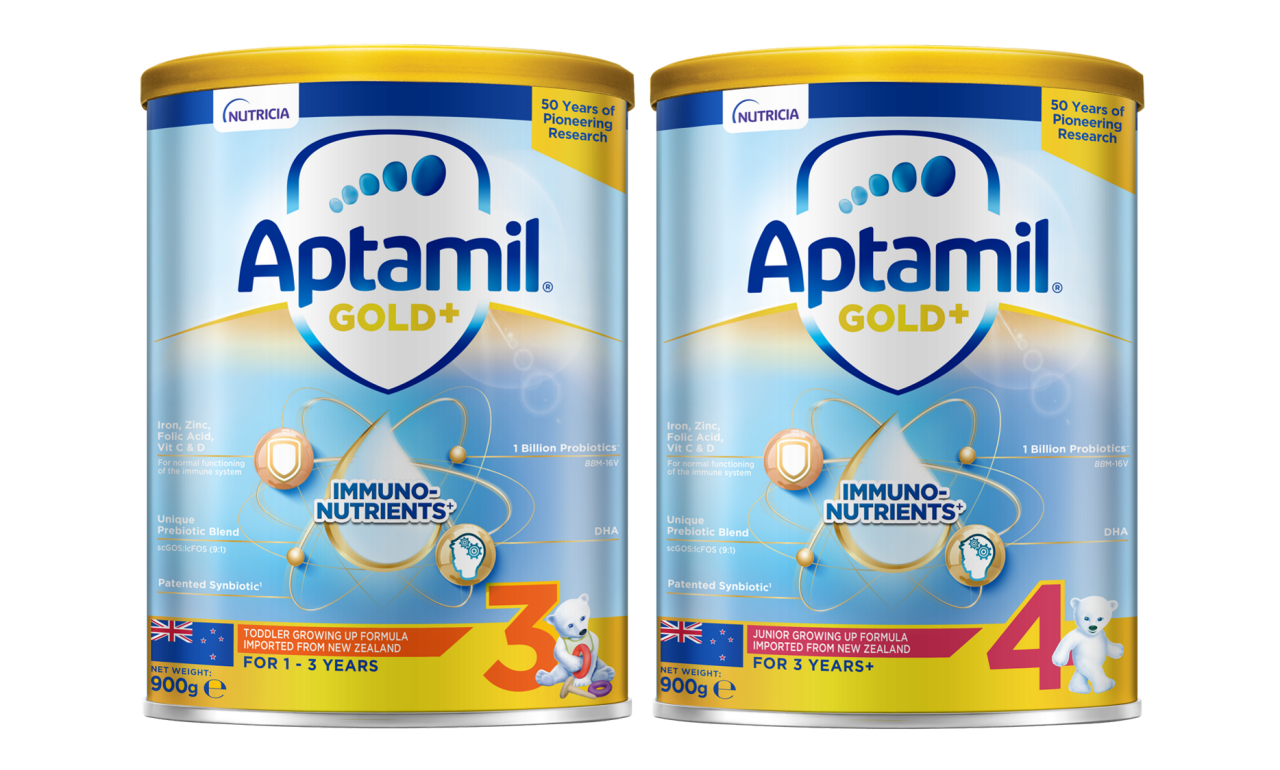Breastmilk is the best for babies. The World Health Organisation recommends exclusive breastfeeding for the first six months of life. Unnecessary introduction of bottle feeding or other food and drinks will have a negative impact on breastfeeding. After six months of age, infants should receive age-appropriate foods while breastfeeding continues for up to two years of age or beyond. Consult your doctor before deciding to use infant formula or if you have difficulty breastfeeding.
Is my baby’s immune system strong enough?
The first few weeks with baby has been filled excited giggles and visits from family and friends. Everyone’s carrying the newborn, and you wonder if your baby’s immune system is tough enough. Enough said – here’s how you can help your baby protect itself from pesky germs.
At the time of birth, your baby is at risk for illness as its immune system is very inexperienced. But fret not! During the last 3 months of pregnancy, your baby would have received antibodies from your body, which are special proteins that protect the body against bacteria and viruses. (NHS)
The amount and type of antibodies received by your baby depends on your immunity. For example, if you have had chicken pox, you would have developed immunity against chicken pox and some of these antibodies would be passed to your baby. (NHS) However, this form of immunity is only temporary. As such, it is important to help develop your baby’s immune system in its first phase of life.
Understanding Gut Health
As mums and dads, we must have always thought of bacteria as organisms to avoid. However, right from birth, colonies of microbes would have set up shop in your baby’s gut. These are good bacteria that help your baby digest its food, and keep harmful germs away. (National Geographic)
A balanced diet plays an important role in developing your baby’s immune system. Breast milk, for instance, contains antibodies, which help your baby maintain its immunity for longer. The prebiotics in breast milk also serve as “food” for the good bacteria in your baby’s intestine, which keeps them working.
In addition, babies in Singapore can enjoy fully-subsidised vaccinations under the National Childhood Immunisation Programme (NCIP). Be sure to get your baby immunised against diseases such as Tuberculosis, Tetenas, Measles, Mumps and Rubella (MMR) and Hepatitis B. In fact, immunisations against Diphtheria and Measles are compulsory by law. (HPB)
From having a healthy diet to scheduling the right vaccinations, let’s make sure you and your baby’s health are in tip-top condition!

Connect with our team of experts
We provide advice and support for you on your parenthood journey




